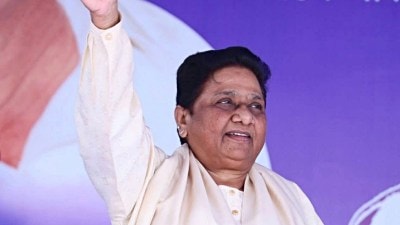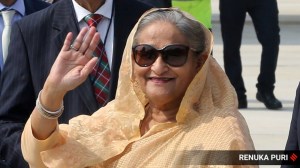Rabbani exchanged notes with Naga talks interlocutor
Rabbani,in fact,was treated with considerable suspicion within the Northern Alliance despite being its political head.
Barely a couple of months before he was assassinated in his own home by a suicide bomber,former Afghanistan president Burhanuddin Rabbani had spent over an hour with New Delhis interlocutor for Naga talks R S Pandey in a bid to understand the Indian experience of reconciliation efforts.
Pandey is understood to have given him a detailed account of efforts made by India over the past several years to deal with insurgent Naga groups through dialogue. Rabbani was given examples of how many old insurgent leaders had gone on to become ministers and chief ministers,without the dialogue compromising on the primacy of the Indian Constitution.
Rabbani is learnt to have shown a lot of interest in the Indian approach. The Afghan leader,who was chairman of the High Peace Council to negotiate with the Taliban,had many questions,and expressed the desire to meet more Indian interlocutors in future.
With his stature,demeanour and personality,one really hoped he would contribute substantitvely to the peace process in Afghanistan. I found him trying very sincerely to learn from experiences of others,including India… We told him that any peace process has to be people-centric. If people want peace,there is no way the militants wont listen, Pandey told The Indian Express,recounting his interaction with Rabbani.
Although he was a Tajik who was part of the Northern Alliance which had strong ties with India,Rabbani himself was not known to be close to New Delhi in the way some others like the late Ahmed Shah Masood was. His visit in July perhaps constituted one of the most substantive interactions he has had with Indian leaders and officials. He repeatedly assured Indian interlocutors that his efforts at peace would not cross the red lines in terms of sharing political power with the Taliban.
Rabbani,in fact,was treated with considerable suspicion within the Northern Alliance despite being its political head. An Indian official who had dealt with him in the past recalled: Tajik leaders would often advise us to always look him in the eye because one never knew which side he was looking.





- 01
- 02
- 03
- 04
- 05


























